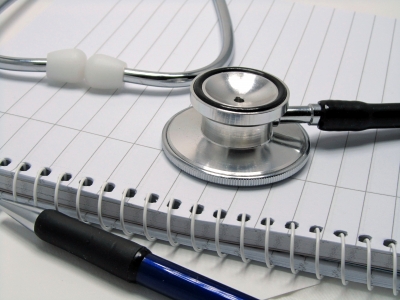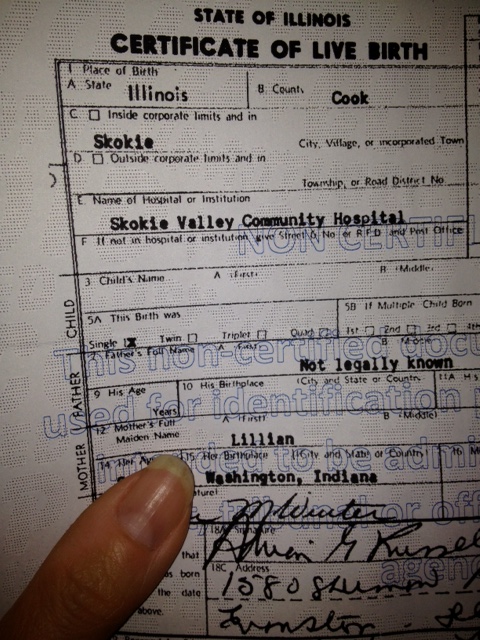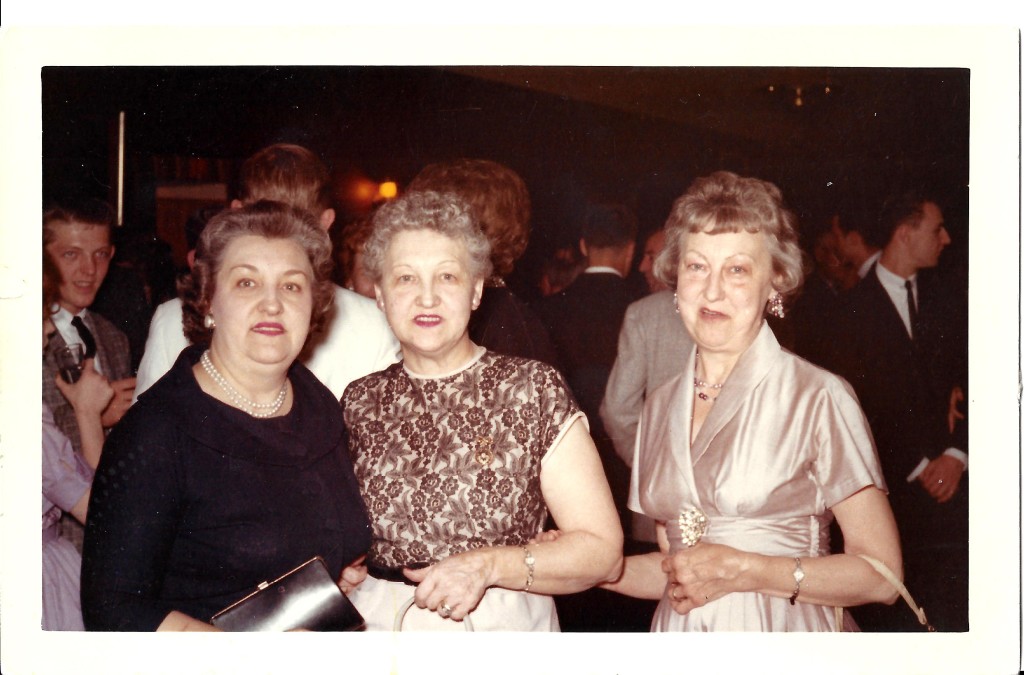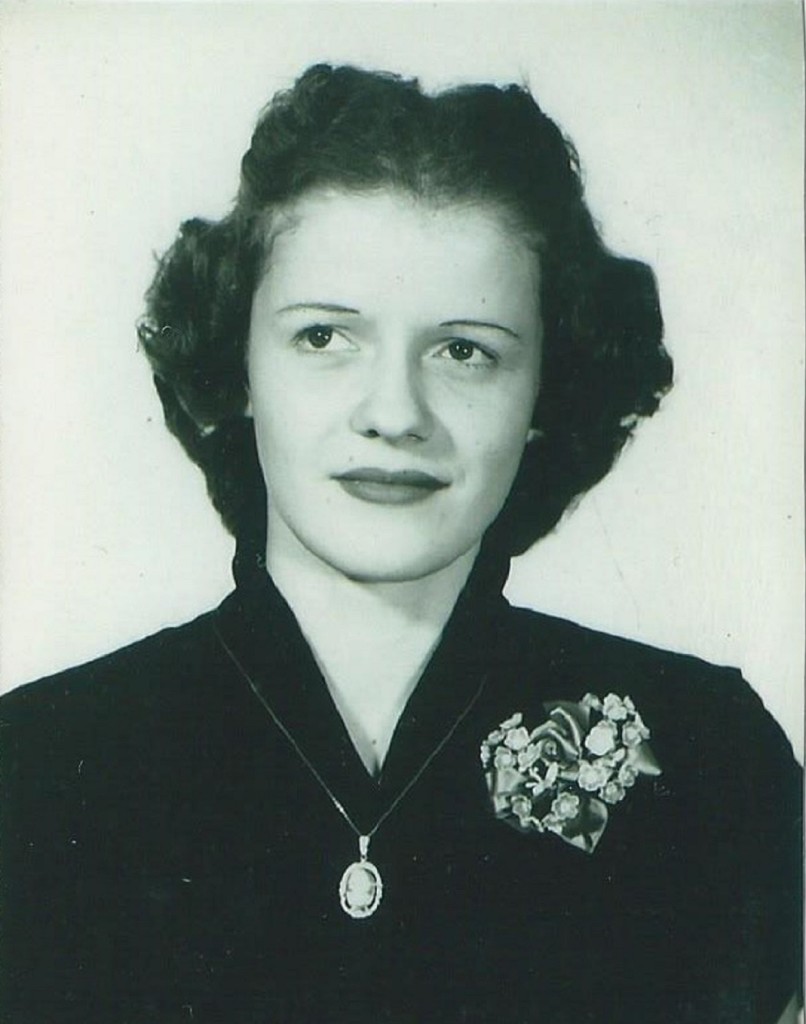Every time we turn around, we hear about the importance of family medical history. Yet for adoptees, these facts are missing or at best incomplete.
A couple of recent situations reminded me how little I know about my family medical history.
Leafing through Better Homes and Gardens on the subway, an article about heart disease caught my eye.
“When it comes to heart disease, what runs in your family matters—a lot,” the article began. “Studies show that if one of your parents had a heart attack or stroke, your own risk for these conditions can double, and having a brother or sister with the disease ups your chances of having a heart attack, too.”
I turned the page. Another article suggested talking to relatives about diseases that run in the family and then telling your doctor, who can use the information to recommend lifestyle changes or screenings. “So grab a pen and paper and start interviewing Mom, Dad, Grandma, Grandpa, and everyone in between,” the article said.
Yeah, right. Like I can pick up the phone and get the scoop on family health conditions just like that. The writer is obviously not adopted.
On another day, sitting in an office in Manhattan, my doctor and I tried to calculate my lifetime risk of developing breast cancer. Lillian, my mother, died of breast cancer at the age of 48 and that’s why I made this appointment. I have no idea how old Lillian was when she was first diagnosed with the disease so I couldn’t answer my doctor’s question about age of onset. Hell, I didn’t know about my adoption until 11 years ago and didn’t know Lillian’s name until 2012. By the time I found out about her, Lillian had been gone for nearly 30 years.
I recalled hearing from a relative that Lillian had battled cancer for quite a while. How long is quite a while? Let’s say my mother had the disease for seven years, I told my doctor. She knew I was guessing and she wasn’t pleased. My doctor quizzed me about the other members of my family who had the disease. I don’t know, I don’t know, I said. My blood relatives are strangers to me.
I knew what my doctor was thinking: you should know your family history! I am adopted, I said, feeling compelled to defend my ignorance.

As we wrapped up our meeting, my doctor commented on how frustrating this lack of history must be for adopted people.
Yup, adoptees from the sealed records era run into these situations all the time. We don’t have family gossip stored in our memories because we never had a chance to talk with our biological kin. We can’t answer doctors’ questions with actual knowledge. We are clueless about our family histories.
In recent months, I’ve learned a few things about the health issues that run on my mother’s side of the family. Lillian, in addition to breast cancer, struggled with alcohol and probably bipolar disorder. At least one of her brothers struggled with bipolar disorder, too. Lillian’s father, George, also had a drinking problem. My half-sister has diabetes and suffered a mild stroke some years ago.
What little I know about my mother and her relatives seems like a treasure chest of facts compared to what I have on my father and his family – absolutely nothing.
This problem is finally getting attention from the outside world. New Jersey lawmakers are considering legislation that would allow adoptees to gain access to their medical histories along with their original birth certificates. I say it’s about time.
In the absence of information, I will do what I can to keep heart attacks, strokes and other bad stuff away. Healthy genes, heart attack genes, mystery genes – whatever I inherited doesn’t have to dictate what’s going to strike me five, 10 or 20 years from now.
I try to take care of myself by making (mostly) healthy choices. Today I have a head cold. Part of me wants to take a nap, the other part of me thinks it’s time to get up, stretch my legs and have a glass of water with another shot of cold medicine. It’s snowing and 27 degrees outside but a walk might do me good and get my mind off the things over which I have no control.




